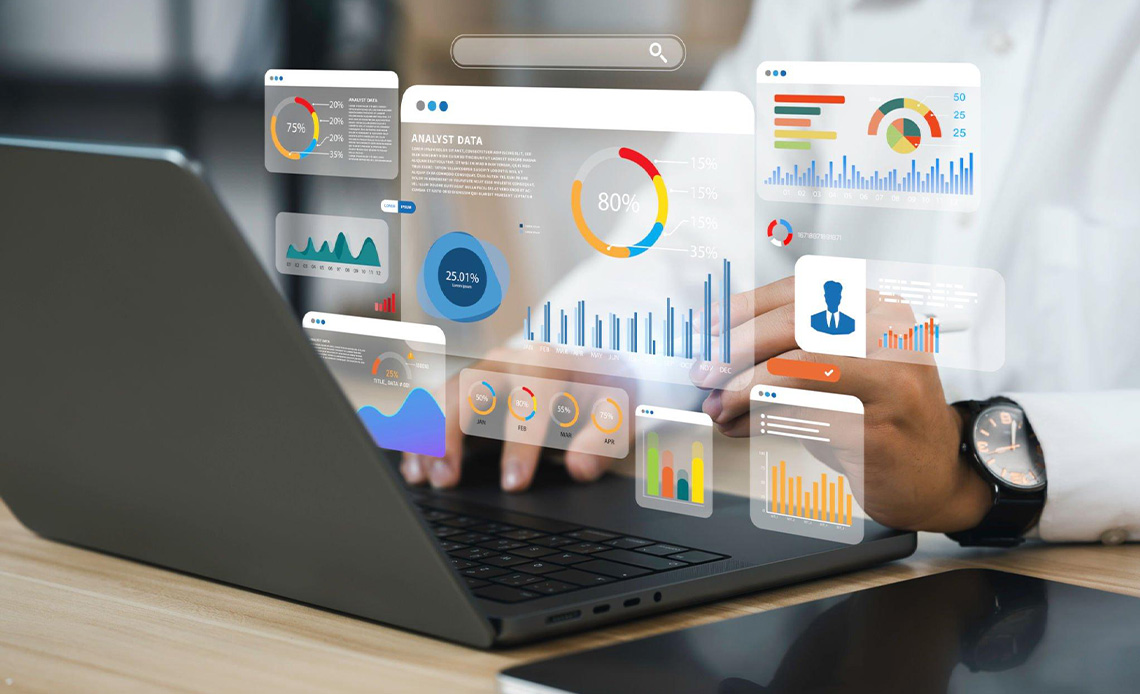CRM software is one of the most important sales tools in sales reps’ arsenal. It is more than a contact management system. If used to its full capacity, a CRM allows sales reps to spend more time with customers and potential customers. The more time spent with customers, the more deals are closed, and the more loyal customers remain.
Companies of all sizes will benefit by using a fully integrated, cross-functional CRM solution.
Usually, CRM healthcare software solutions are developed to maintain and promote positive customer experience and comfortable management.
It helps to organize communication processes, keep track of operational activities, and see what works in your management approaches and what requires changes in the current health system.
CRM allows the execution of the following activities:
Communication:
Communication with the patient is the most vital thing that healthcare can have. An uncomfortable and broken communication chain usually leads to the interruption of treatment and the potential worsening of the condition. A proper customer relations system should allow one to initiate, schedule, and manage patient appointments with HCPs, making both customer and service provider lives much easier.
Management:
the healthcare CRM system should allow assignments or add task tickets to people, making monitoring work progress, deadlines, and updates more comfortable. It makes communication and treatment process smoother and continuous, giving better results and creating an exciting experience for the patient.
Reporting:
Analytics is the next vital thing that is supposed to be integrated into the CRM. A proper report system is critical to understanding business dynamics. This feature allows every user to create and personalize various analytical reports, from marketing campaigns’ ROI to the average patient count.
Patient Management:
As any CRM system should be adapted to the requirements of the business industry, healthcare CRM software is also centered on providing specific features and technologies for patient management. A unique healthcare industry feature allows creating, updating, and segregating patient records based on their diseases, conditions, feedback, or other specifics. Such sensitive data inside healthcare CRM software should be stored.
The benefits of using CRM do not end, we will mention some of these benefits:
- Get a centralized repository for consumer and patient data that integrates with that is platform agnostic and integrates with many types of healthcare technology, such as contact center software and healthcare websites.
- Pinpoint top growth opportunities and associated population attributes to accelerate strategies and planning.
- Measure the success of engagement tactics using configurable reporting, allowing you to focus on the metrics that matter most.
- Measure and track indisputable ROI from multi-channel marketing tactics (email, direct mail, SMS, social).
- Allow departments across your organization to share, view, and contribute to your consumer and patient profiles.




